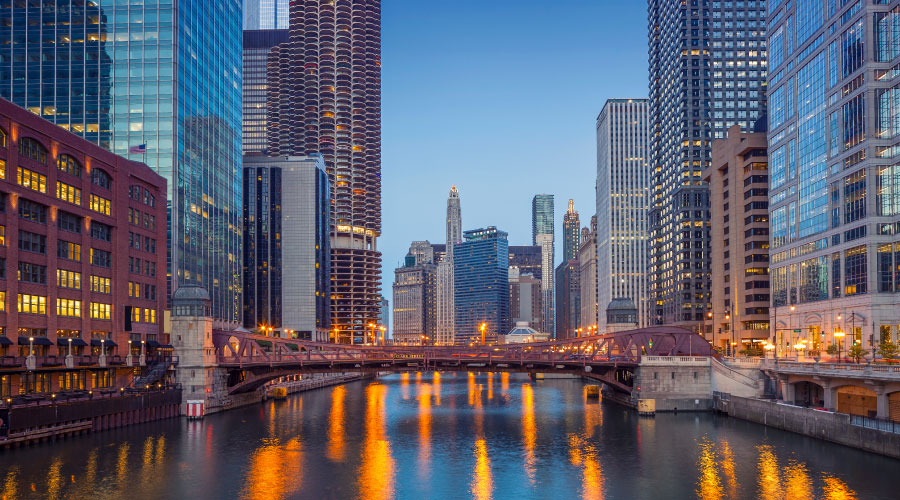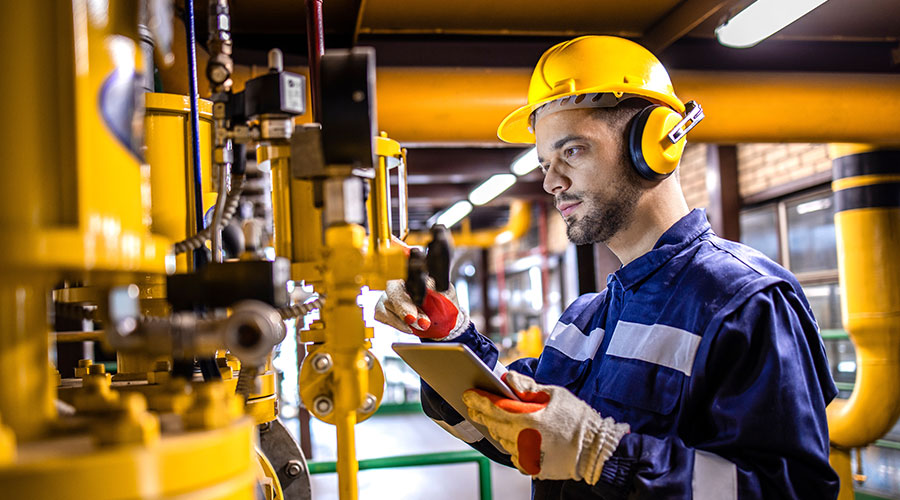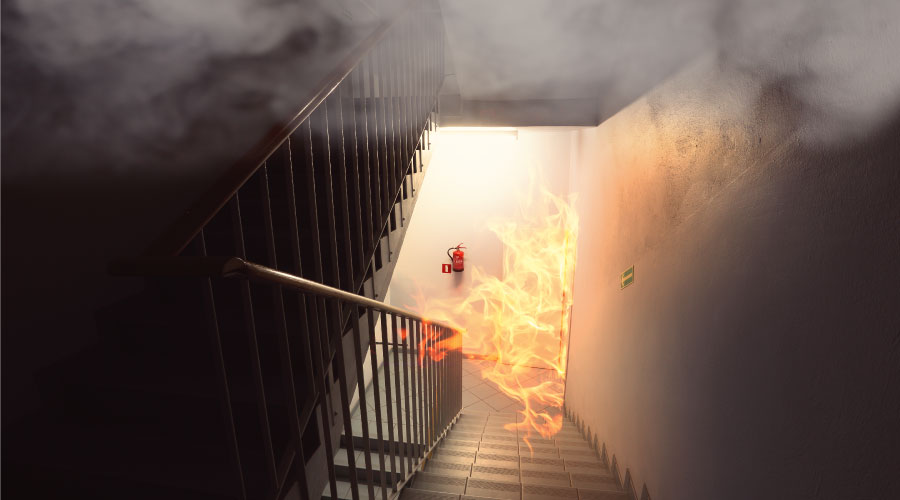
Are Downtown Chicago Buildings Sinking?
Temperature fluctuations in the soil underneath buildings may wreak havoc on foundations, causing buildings to slowly sink. July 13, 2023
By Greg Zimmerman, senior contributing editor
Many of the worst effects of climate change are playing out more quickly and more severity than scientists originally projected. Heat waves are longer and more intense. Hurricanes are more frequent and much stronger, wreaking much more havoc. And extreme weather generally is stranger and more disruptive than expected.
One effect of climate change, though, hasn’t garnered much attention but could be as catastrophic as weather events: Climate change is causing the temperature of the ground under buildings to fluctuate, meaning the soil expands and contracts. Buildings’ foundations begin to become unstable and the whole building can begin to sink.
This discovery is based on the research of Alessandro Rotta Loria, an engineering professor at Northwestern University, and published in a story in the Chicago Sun-Times. Rotta Loria measured the temperature underneath dozens of buildings in Chicago’s Loop and found wide variations in the soil temperature. He then modeled how the fluctuations in temperature might affect buildings’ foundations over the next 30 years, given that none of the buildings are designed to accommodate such wide variations in soil temperatures.
Though Rotta Loria says there is no imminent threat of building collapse, cracks in foundations over time may cause issues. Inefficient buildings that release a lot of heat are also contributing to the problem, but Rotta Loria says the heat in underground soil also presents an opportunity if it can be captured and converted to electricity.
Greg Zimmerman is senior contributing editor for FacilitiesNet.com and Building Operating Management magazine.
Next
Read next on FacilitiesNet












